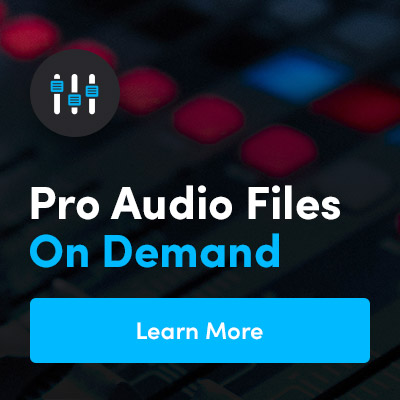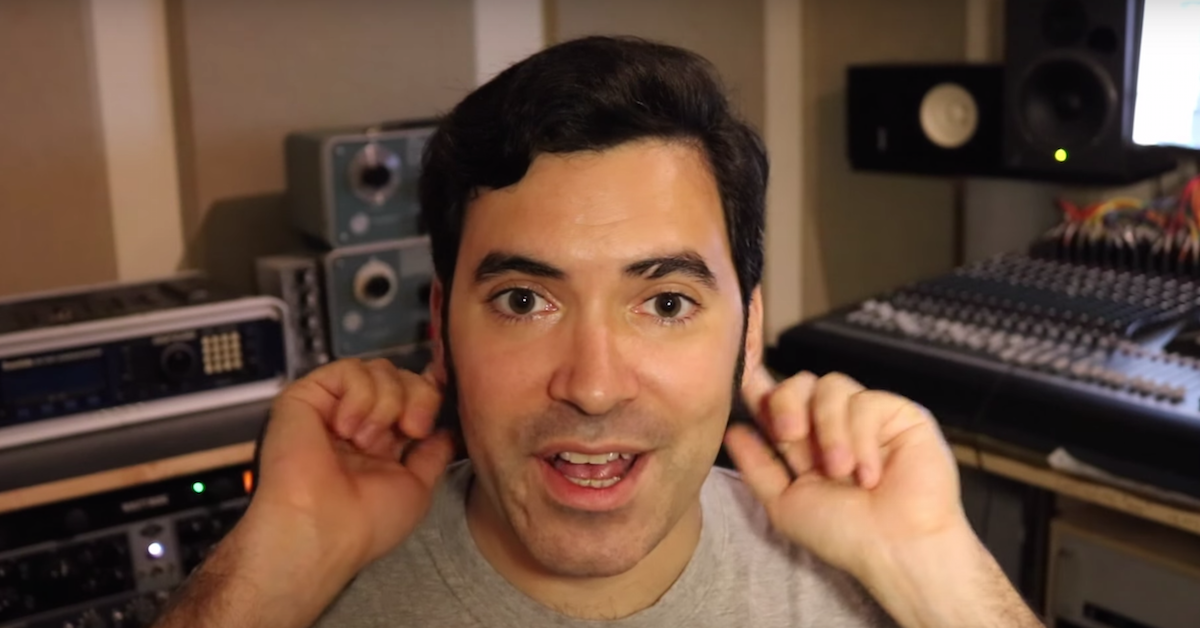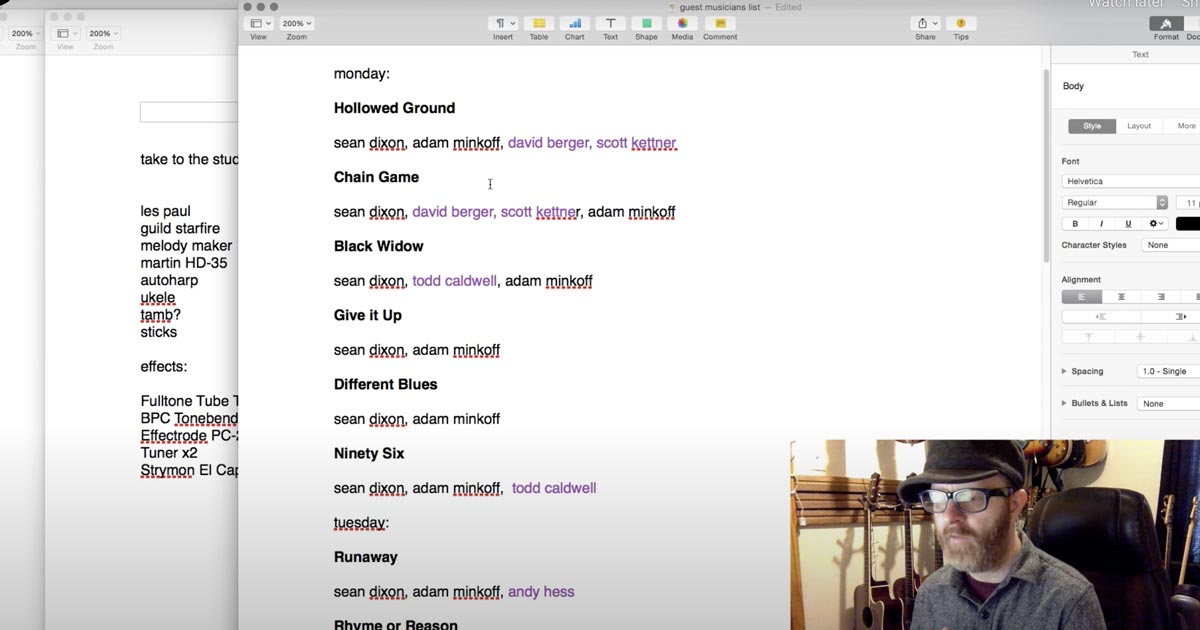How to Estimate a Recording Studio Budget for Artists
Article Content
Artists these days are very concerned with budget. It’s not uncommon for an artist to have to provide all the financing.
Labels are pretty defunct. If you happen to land on a cool indie label, they still may not cover recording/production costs.
This means there’s an awareness one must have in the current record making environment. Especially when artists are using Kickstarter to raise a defined amount of money.
As a producer, you should have a solid understanding of the costs for every stage of a project.
The artist is going to come to you with an idea of what they want. Often, they don’t have an understanding of the budget to realize their dream.
Let’s discuss how you should calculate budget estimates for an artist.
Studio Time
We all know about studio rates. It’s the most obvious cost for making a record.
When calculating the time for a session, make sure to add a little extra. The stress that is created by a cramped session doesn’t help the project.
It takes time to set up and get sounds. Estimate this time and every changeover.
You don’t hit the record button when you walk in the door. So why start counting time like you do?
Add that extra time into the budget. You’re going to need it whether you realize it or not. Better to know upfront.
Musicians
It costs money to get great musicians on your record. Here’s something to consider when picking musicians for an album or session: Even though a higher caliber musician may cost more money, they will likely save you money.
How can that be?! Because a seasoned session player can nail parts in a few takes. A less experienced player will need many more takes and also possibly editing.
Here’s the math. Let’s say you hire the best drummer and he’s charging $100 per hour. Let’s say the studio is also $100 an hour. Now, let’s say our lesser experienced drummer is $50 an hour.
The great drummer can nail a take with a couple of passes. That’s usually about an hour after sounds are set. No editing needed! The cost? $200 for the musician and the studio.
The less experienced musician will take longer than an hour. They might not be as good locking to a click or remembering the arrangement. Let’s say it takes them 2 hours plus some editing (which we’ll call a half hour of time). That’s 2 1/2 hours total. The cost? $350.
So even though the top cat asks for more money, it saves you money.
Scheduling
Knowing how to stagger the arrival of musicians can save you money.
Having the whole rhythm section there while you’re getting drums sounds is a waste of money.
Have musicians show up based on the complexity of setup. This usually means the bassist can be last.
Editing
How much editing and prep is going to be needed before mixing?
Depending on the kind of project you’re recording, a lot of editing may be required. I recommend making as many decisions during tracking as possible.
Pick the take now. Don’t bury it in a playlist for later.
What takes 10 minutes now can take 20 later. That’s an extra $10 of studio time each time.
Engineer
Make sure you know how the engineer is going to work.
How well do they problem solve? How fast do they set up? How do they organize their Pro Tools sessions?
Labeling and take organization is going to important to the continual progress of the session.
Poorly labeled tracks, sloppy edits and confusion over playlists all costs money. If you’re producing the session, make sure you have a battle plan for how you want things organized.
You don’t want to come back later to discover you can’t find a punch.
Duplication
Even though this is not your department, it’s good to have an idea of what kind of cost this will present for the artist.
Mastering
It’s also good to know what the rough budget will be for mastering.
You should include an estimate based on the number of songs being produced.
Mixing
This seems obvious, but you have to consider how the songs are going to be mixed.
Is the rate going to be hourly or by song? Is the project going to be mixed in a studio to tape?
Vocal Takes
What kind of singer are you working with? How much time are they going to need to capture a take?
Recording vocals can eat up a lot of time. If you don’t have an experienced singer, you might also have to consider bringing in a vocal coach.
The vocal coach can help prevent vocal problems and work out some of the repeated mistakes that are leading to bad takes.
It’s an additional cost, but one that can save you a lot of money in the end.
You should present the artist with a full estimate and breakdown of costs in some physical form. Avoid text and over the phone conversations. Email is fine. Something you can track.
Conclusion
If you budget a project properly, the whole experience will be more enjoyable for everyone involved.
You can’t account for everything, and you may make some other choices along the way, but adjusting to those choices isn’t hard when you have solid footing.





